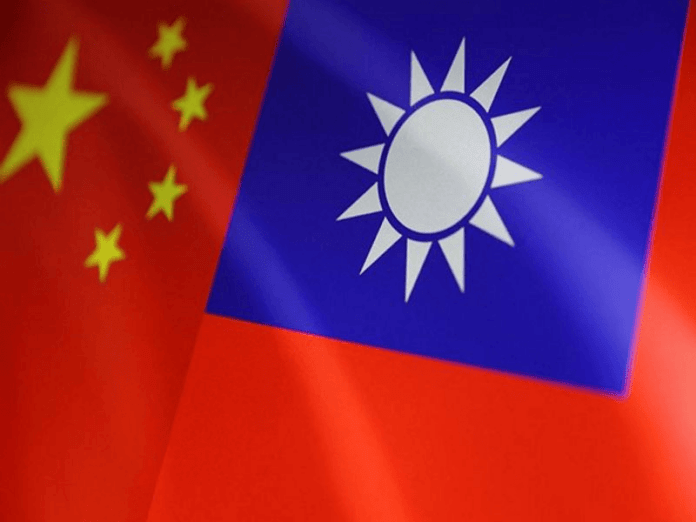Ukrainian activist Vadym Labas has accused Chinese companies of falsely claiming to be based in Taiwan to evade international sanctions while supplying critical components to Russia, Radio Free Asia reported.
Labas initially suspected that Taiwan-based firm Taiwan Rung Cherng Suspenparts (TRC) was involved in supplying servomechanisms for Russia’s glide bombs. However, further investigation revealed that a Chinese company was using TRC’s name without authorization to bypass sanctions and damage Taiwan’s reputation.
Chinese Firms Disguised as Taiwanese Entities
According to Labas, the Chinese company KST Digital Technology Limited provided servomotors to Russia through intermediaries, including Kaifeng Zhendaqian Technology. These components were falsely labelled under TRC’s name.
“This dual operation involves evading sanctions and tarnishing the reputation of a Taiwanese manufacturer,” Labas wrote on Facebook. He emphasized that Taiwan has been wrongfully implicated and identified Chinese manufacturers as the real culprits.
Taiwanese Manufacturer Denies Allegations
Chen Shu-Mei, Deputy General Manager of TRC, dismissed claims of any business relationship with Russia. “This claim is completely baseless,” Chen stated, adding that TRC primarily produces automotive chassis and suspension parts. The company is considering legal action to protect its reputation.
Glide Bombs: A Key Component of Russia’s Air Strategy
Servomotors, crucial for the precision manoeuvring of glide bombs, are integral to Russia’s aerial operations in Ukraine. These bombs, though less advanced than Western precision-guided munitions, form a significant part of Russia’s arsenal.
Ukrainian intelligence reports show an increase in Russia’s use of glide bombs, with daily deployments rising from 25 in May 2023 to over 60, sometimes exceeding 100. Military analysts estimate that these bombs contribute to 20% of Russia’s operational advantage in the conflict.
This revelation underscores the complexity of enforcing international sanctions and highlights the broader geopolitical tensions involving China, Taiwan, and Russia.


